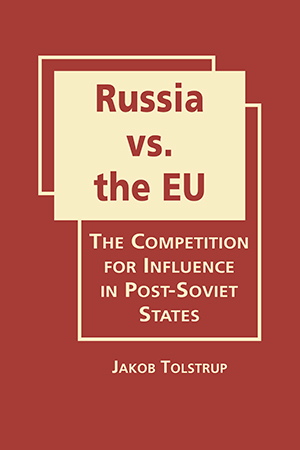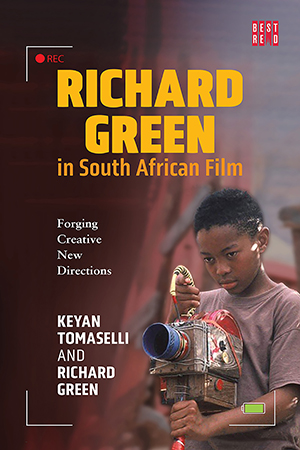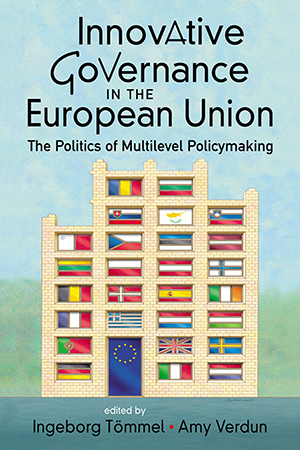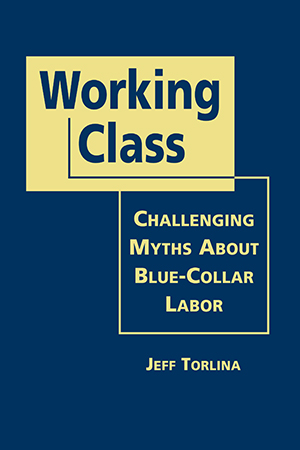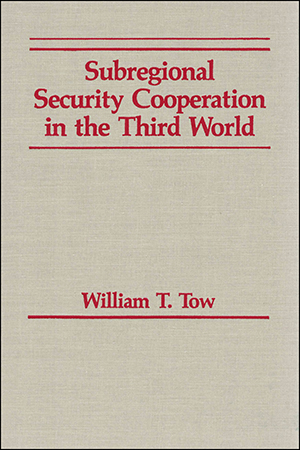BOOKS
This book examines the portrayal of women in film, as well as their involvement in the medium—as film-makers, screenwriters, actresses, critics, and characters. Distinguished North More >
The extent to which the regulatory environment in developing countries influences the characteristics and growth potential of the urban informal sector is an issue much debated today, in More >
What will it take to overcome the many challenges that Latin America faces in developing quality, inclusive education for its diverse population? That is the question at the heart of More >
Do Russia and the European Union have any substantial influence over the political trajectories of post-Soviet states? Shedding new light on the interplay between domestic and external More >
Keyan Tomaselli's accessible critique of market-driven neoliberalism is offered as a metaphor to analyze the excesses, contradictions, and obstructions in contemporary university More >
Both a history and a critique of South Africa's film industry, this book recounts the long experience of filmmaker and producer Richard Green. Green's story—especially his More >
Do the traditional tools of governance make sense in the decidedly nontraditional political entity that is the European Union? Or are the realities of the unique EU system generating new, More >
Jeff Torlina challenges the conventional wisdom about the attitudes of blue-collar men toward their work. Torlina highlights the voices of pipe fitters, welders, carpenters, painters, More >
Providing a wealth of primary source data on the European Community after the accession of Spain and Portugal, Alfred Tovias assesses the changes—demographic, economic, and More >
Within the past decade, traditional regional security organizations formed during the Cold War have gradually been supplanted by more indigenous groupings designed specifically to address More >






